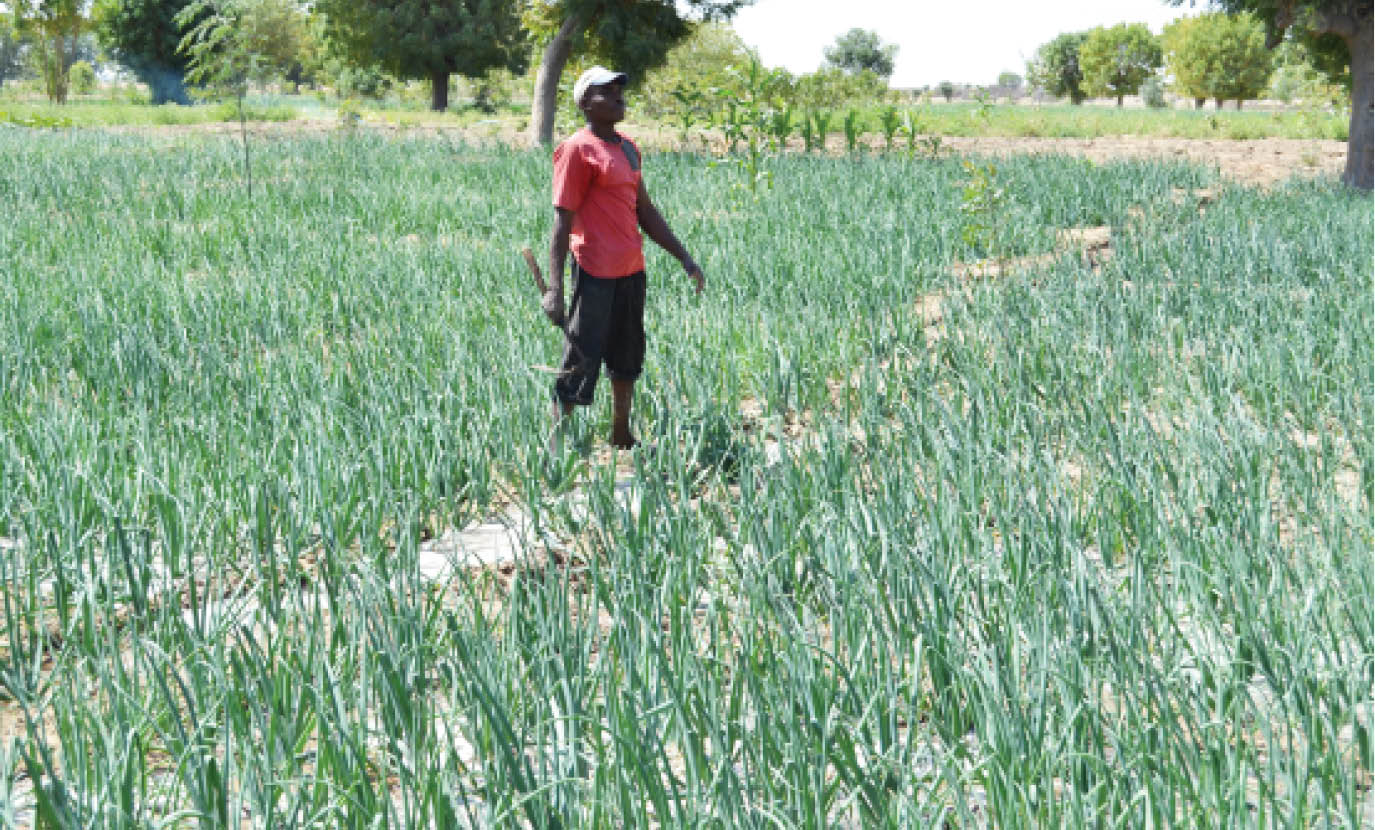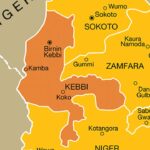Last week, the federal government warned farmers in Borno, Kebbi, Katsina, Sokoto, Yobe and Zamfara states to brace up for likely severe drought between June and July.
Highlighting the 2021 seasonal climate prediction in Abuja, Minister of Aviation Hadi Sirika called on farmers to explore possible soil-moisture management mechanisms to mitigate the impending impact.
- PHOTOS: Police occupy Lekki tollgate to prevent protesters from reassembling
- #OccupyLekkiTollGate: Drama As Officials Are Forced To Push Van Conveying Arrested Protesters
Sirika warned that “Severe dry spell is predicted over Arewa Dandi; Birnin Kebbi; Argungu; Augie Kebbi; Illela; Gada; Tangaza; Gudu; Sabon Birni.
“Other places are Sokoto; Shinkafi; Birnin Magaji; Maradun; Zurmi Zamfara; Kaita; Mashi; Mai’Adua; Katsina; Dutsi; Daura; Baure; Zango.
“Also, Katsina; Gwiwa; Yankwashi; Gumel; Birniwa; Sule-Tankarkar; Guri; Kiri Kasama; Jigawa; Machina; Nguru; Yusufari; Yunusari; Karasuwa; Barde; Jakusko; Geidam; Yobe and Abadam; Mobbar; Kukawa; Guzamala; Gubio; Nganzai; Monguno, Borno State in the months of June and July, which may last between two and three weeks after the onset.
“However, later-than-normal onset dates are expected over a few places, such as parts of Lagos, Ogun, Kebbi and Niger states. On cessation, the earliest cessation date is around October 9, 2021, and is expected around Katsina and the northern parts of Sokoto, while the latest cessation date is expected on the December 25, over the Niger Delta region.”
Following the prediction, Daily Trust on Sunday spoke with Professor Aishatu Mukhtar, assistant director, Extension Services at the Institute for Agricultural Research (IAR), Ahmadu Bello University, Zaria, on what steps states and farmers should take to alleviate the impact.
Mukhtar advised farmers to adopt appropriate seed technology or varieties that would be able to withstand or escape the effect of drought, adding that they should plant good seeds that are appropriate for their ecology by selecting seeds for the predicted duration to avoid the shorted of rainfall.
“If the Nigerian Meteorological Agency (NiMet) said we would have 100 days of rainfall, a farmer should select the variety that would mature within those 100 days. We have such seeds in the IAR that are adoptable to various ecologies, particularly the Sudan Sahel region that do well within that maturity range. We have for groundnut, maize, sorghum and cowpea,” she said.
Professor Mukhtar also advised the state and federal authorities to most importantly scale up awareness creation in the media, stressing that “as much as possible, we should have a lot of jingles on radio because we know a lot of our farmers listen to radio. A lot of this awareness should be created. Information should reach the farmers that this is what we are facing, this is what we are up against, this is what we can do to mitigate it, and this is what we can do to take care of ourselves.”
She said the institute had made plans within its financial capabilities to have as much seed as possible on ground, adding that a farmer can walk into the institute and get the seed he or she wants.
The extension expert also advised farmers to, as much as possible, engage in irrigation farming, no matter how little, to mitigate drought.
She said farmers could acquire and install irrigation facility in the farm, noting that there are very simple irrigation facilities that can help farmers, such as wells, tube-wells, wash-ball, which can help a farmer to carry on crop production normally if there is drought (whether terminal or mid-season).

 Join Daily Trust WhatsApp Community For Quick Access To News and Happenings Around You.
Join Daily Trust WhatsApp Community For Quick Access To News and Happenings Around You.


